The 76th Locarno Film Festival was a big success but its future is a big unknown
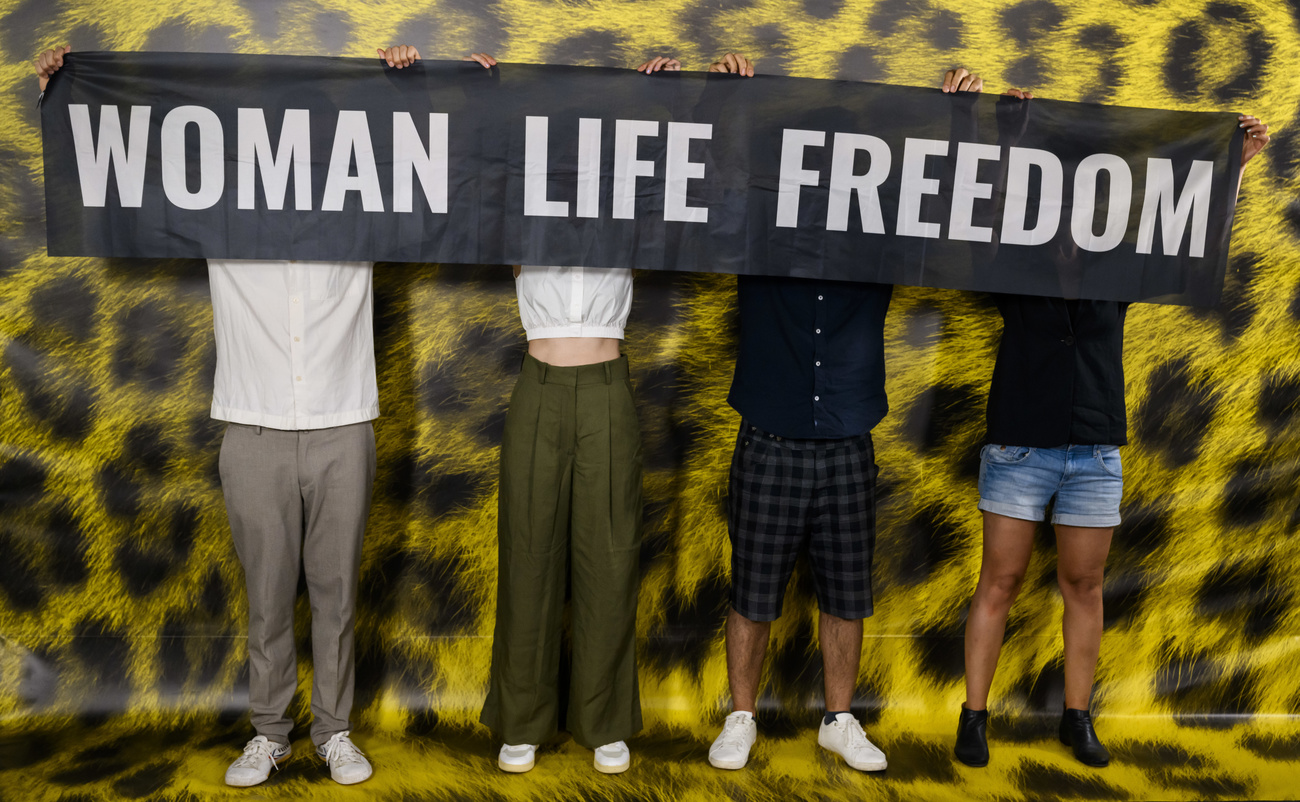
In terms of both objective numbers and subjective criteria, the latest Locarno Film Festival exceeded even the most optimistic expectations. The shape of its next edition, however, depends on where its new president Maja Hoffmann steers it.
There are many ways to measure the success or failure of a film festival. Figures may give us a picture of its financial health, organisational prowess, relevance for the film industry, and public appeal. But subjective experiences such as the quality of the programme, ovations (or boos), and the feedback of the general and film press give a sense of its critical standing.
As SWI swissinfo has noted throughout the 10 days of the festival, Locarno succeeded in practically all these criteria.
First, the numbers: the total audience at all screenings was 146,930 (86,530 in theaters and 60,400 in the open-air Piazza Grande), an increase of 14.3% as compared to 2022.In terms of professional attendees, accreditations (including online) were up by 31%, reaching a total of 4,639, of whom 1,530 were film industry representatives and 783 were journalists and photographers.
Parallel to the festival itself, the leisure and meeting spaces with music, art and entertainment programmes brought in 105,000 people, an increase of 62% over the previous edition.
Reading the numbers, the festival managed to overcome the setbacks of the Covid-19 pandemic – its 2020 edition was cancelled, in 2021 it catered basically to a local audience because of travel restrictions, and last year there were still strict measures in place and many cases of Covid infections recorded.
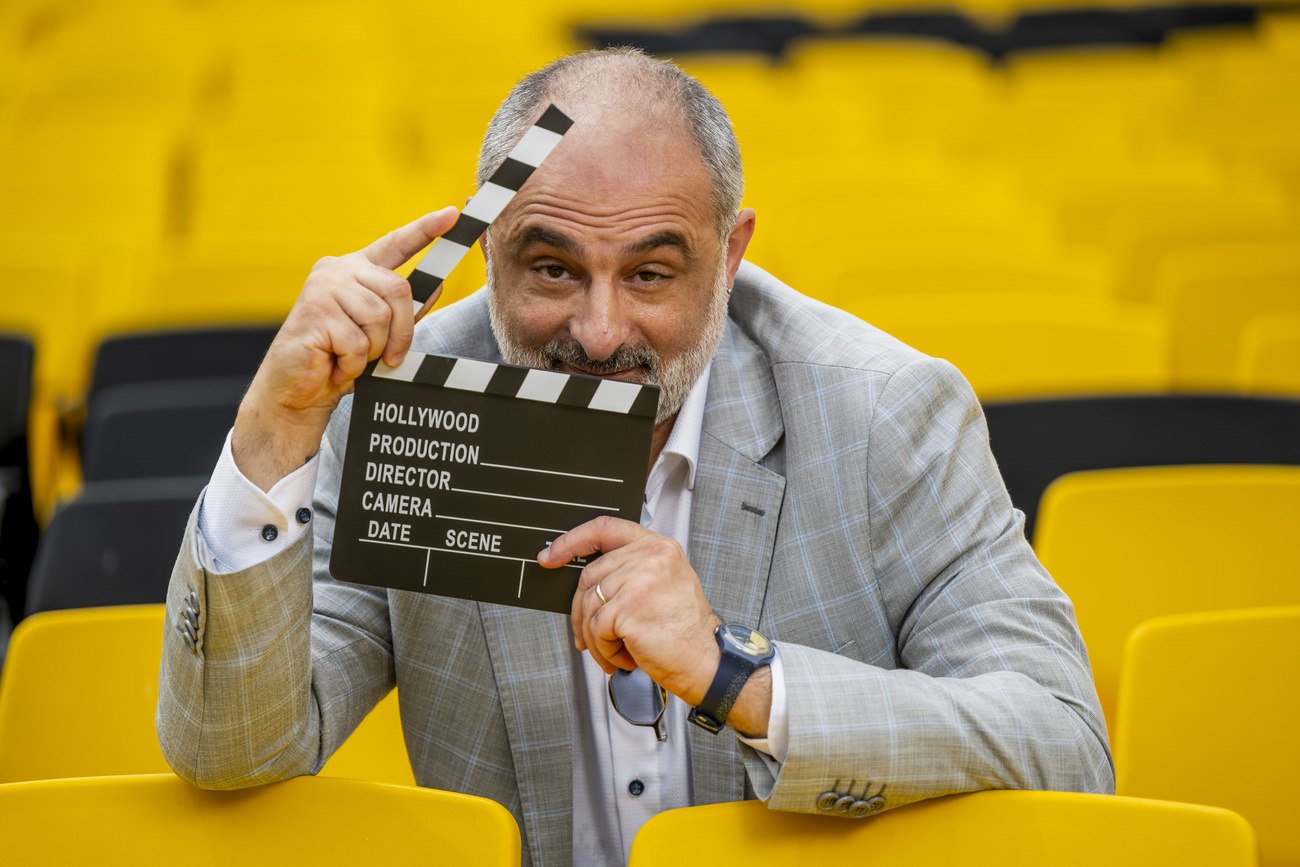
The strike strikes
This year, a broader international attendance was visible (and audible) in the streets and theaters, even though many of the special guests, such as actor and producer Cate Blanchett and the British actor Riz Ahmed, cancelled their presence in solidarity with the ongoing writers and actors strike in Hollywood. Although the strike is taking place in the United States, its eventual outcome will have a huge impact in how the industry will restructure itself all over the world.
The strike was one of the inescapable conversation topics. There was a general solidarity with the strikers but one could also hear some skeptical voices, such as Spanish director Albert Serra. However, some other guests seemed to be on a mission to spread the word of the strikers in Locarno. The American actor David Krumholtz, who worked in Oppenheimer and was in Locarno representing Bob Byington’s film Lousy Carter, refused to speak about Oppenheimer and was eager to discuss the strike instead, showing his appreciation for the huge support it was getting from European peers.
Where the stars are the films
Special guests notwithstanding, the real stars in Locarno were the films, as Giona A. Nazzaro, the festival’s artistic director, emphasised several times. The high attendance numbers give us a clue but importantly the general mood among the film critics and specialist press seemed to be one of satisfaction.
It is true that the critics’ almost unanimous choice for the main prize, the Pardo d’Oro, did not match the jury’s. Do Not Expect Too Much from the End of the World, by the Romanian director Radu Jude, was warmly applauded at the end of its screenings. Many, including this writer, consider this to be Jude’s best film and a rare cinematographic masterpiece.
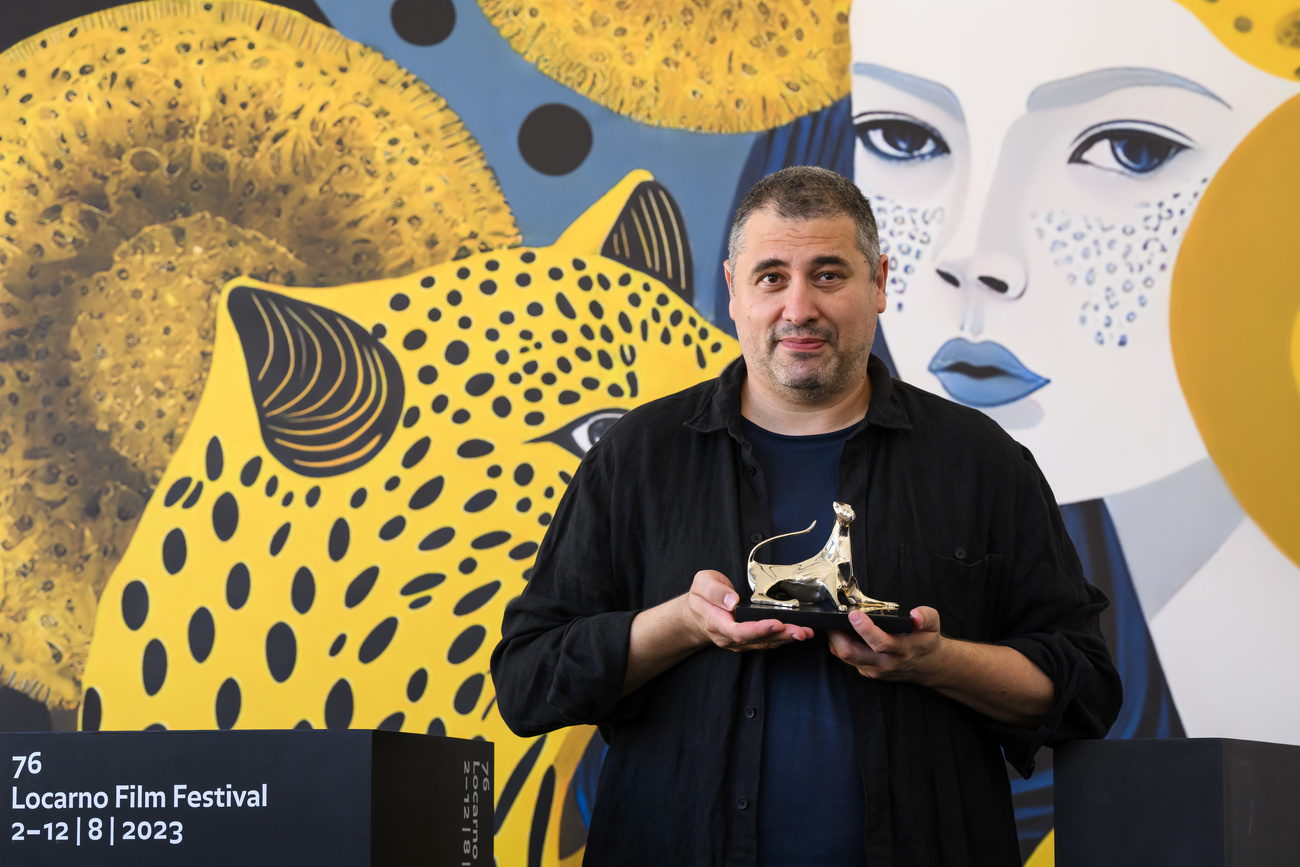
However, Jude only received a special prize from the jury, while the grand prize of the Pardo went to the Iranian filmmaker Ali Ahmadzadeh’s Critical Zone.
Shot secretly in the streets of Teheran without permission from the Iranian authorities, the film follows a day in the life of drug trafficker Amir, who makes his deals while driving all over Teheran during the night.
Amir doesn’t fit any clichéd idea of a drug dealer: his customers see him as a mix of saint, medicine man, soul healer, or psychologist. His sexual impotence makes him both safe and appealing to his business partners and customers, almost all of them women. These strong, raging women against the mullah state make an impression: they apply make up, smoke, snort drugs, have orgasms, and in maybe the most significant scene, one of them slips her head out of the sunroof of Amir’s car screaming “fuck you” repeatedly.

Politics vs. art
The jury certainly privileged a political stand against filmic prowess, of which Radu Jude showed masterly genius. But the choice can be also perfectly justified: Critical Zone is a dangerous movie, i.e., one that puts its makers in life-threatening situations.
The award was received by the producer Sina Ataeian Dena who didn’t conceal his rage over the fact that the director could not be present at the festival – he is officially banned from leaving Iran and will probably never be able to make any films in his country again.
> Watch here a Zoom chat between the producer Sina A. Dena and Italian critic Mauro Donzelli, in Locarno, and the film’s director, Ali Ahmadzadeh, in Iran:
The award for best director to the Ukrainian Maryna Vroda could also be seen as a political message of solidarity in the war against the invading Russian army, but Stepne, her first feature, is very deserving also for its filmic qualities.
The movie was made before the Russian “special operation” began in February 2022 – “but don’t forget that the war had begun in 2013”, she reminded SWI. It tells the story of two brothers, one an engineer and the other a member of state security apparatus, who go back to their tiny, isolated village to care for their dying mother and ensuing funeral.
A century of wars, famines, misery, and destruction that plagues Ukraine for most of its recent history seeps in through subtle acts and dialogues, and through less subtle but deeply moving accounts of personal experiences told by the old folk of the village, cast by the director taking in consideration their very real life experiences.
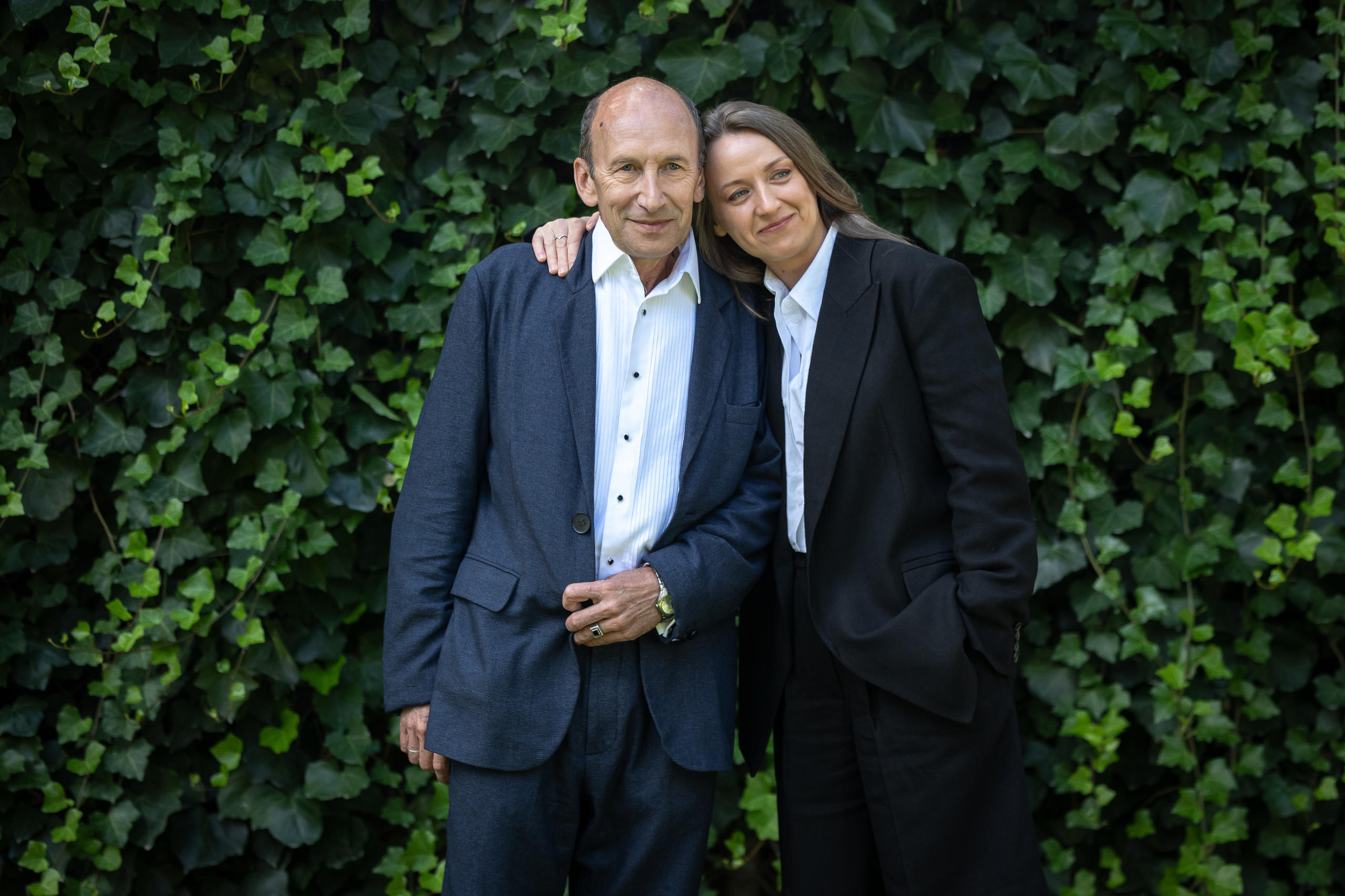
Several other film delights were scattered among the many sections of the festival – the retrospective of Mexican popular cinema, a panoramic selection of films from all continents (except Africa), curiosities, and, of course, the odd works that didn’t manage to please audiences or critics. In any case, in Locarno film lovers could rejoice in watching films that maybe will not be widely distributed in cinema theaters or in streaming platforms.
Showbiz
In terms of film business, Locarno has gradually managed to catch the attention of executives, sales agents, and distributors. The American magazine Variety, a must-read in the industry, sent one of its senior editors, John Hopewell, to follow the deals being struck in Locarno, looking for hints of upcoming trends in the business.
Hopewell paid particular attention to the films and projects taking part in Open Doors – one of Locarno sections, devoted to fostering productions in countries with nascent film industries. From 2022 until next year, the focus is Latin America and the Caribbean, excluding the bigger players like Brazil, Argentina, Chile, Mexico and Colombia. It pays testimony to Locarno’s importance in the promotion of cinema far away from the industry’s gaze.
In terms of deals, though, Hopewell told SWI that the most competitive biddings in Locarno were not for the critics’ or the public’s darlings, but for a children’s movie, Snot & Splash by the Finnish director Teemu Nikki. According to Hopewell, that shows that distributors are still wary of more artistic or complex films for their theater audiences, hedging their bets on the relative safety of family movies.
Passing the baton
Locarno 76 also marked the last year with Marco Solari as president of the festival. Known in Switzerland as one of the grand seigneurs of the Italian-speaking canton of Ticino, Solari’s ample political and business connections helped keep the festival afloat, always defending its relevance not just for canton Ticino’s economy but for Switzerland as a whole.
The festival is tightly connected with the country’s main film institutions, like the Cinémathèque Suisse, the Solothurn Film Festival (dedicated exclusively to Swiss productions), and the Visions du Réel documentary film festival, among others, all visibly present in Locarno. Only Zurich Film Festival stands apart – but it has a completely different curatorial concept, borrowing its international appeal mostly on commercial features that will sooner or later land in theaters or streaming platforms.
Solari’s managerial style is known for giving free rein to the artistic direction while keeping a hands-on approach in all matters political, social, and operational. His natural identification with Ticino made of him an ambassador of the canton within and outside Swiss borders.
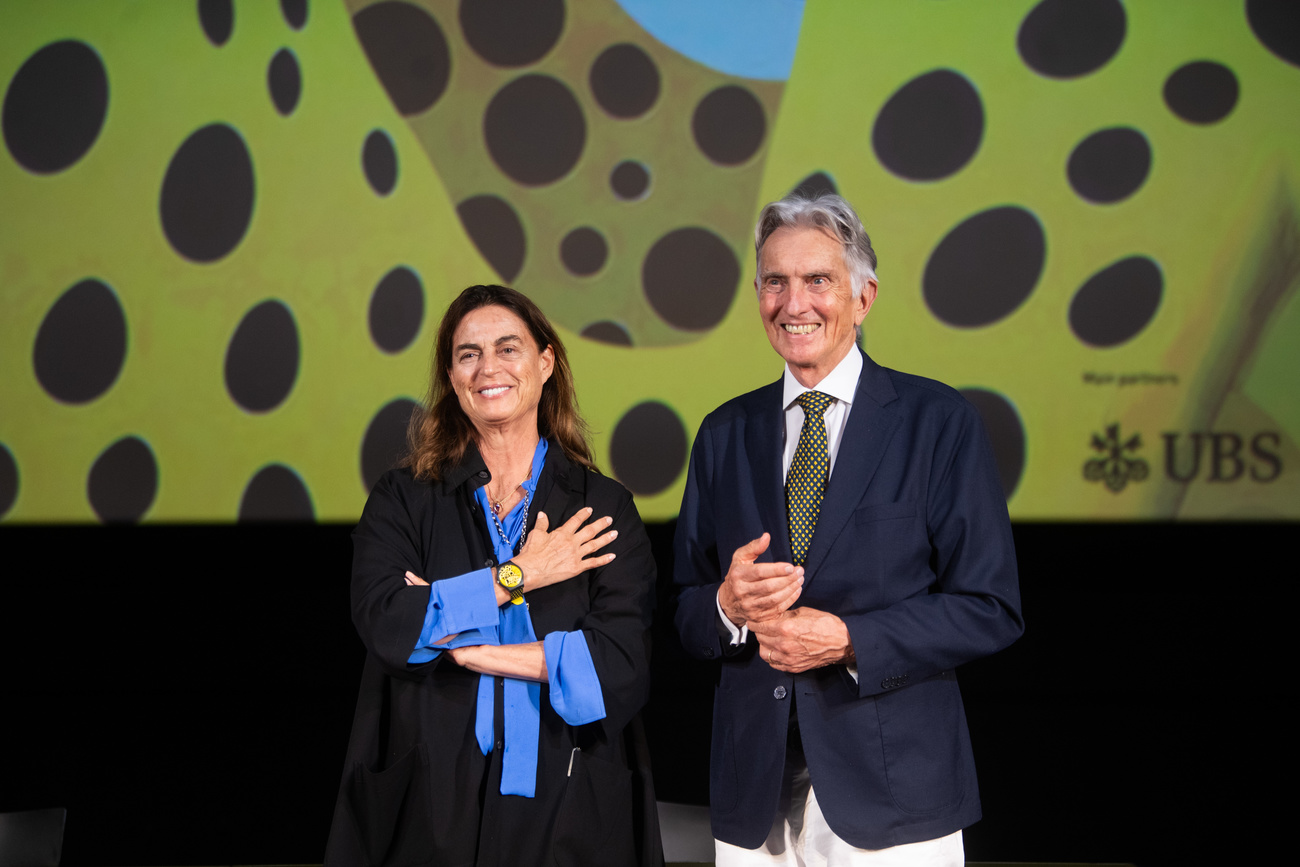
The new president, Maja Hoffmann, couldn’t be more different. Heiress of the Roche pharmaceutical company, she hardly knows Ticino and doesn’t speak Italian. She is, however, an internationally renowned art collector, sitting on the boards of the New Museum of Contemporary Arts (New York), London’s Serpentine Gallery, and the Tate International Council (London), among others.
Besides being at the helm of several other institutions, such as the Kunsthalle Zurich and the Swiss Institute (New York), she founded the LUMA FoundationExternal link in 2004, which promotes arts and institutions in a wide spectrum. She has also dabbled in film production, mainly of documentaries devoted to art.
Hoffmann was not present this year in Locarno (“She says she didn’t want to steal Solari’s show”, according to a festival official who didn’t want to be identified). Given her aversion to interviews and the fact that she hasn’t yet shared any plans regarding the festival, it is not surprising that there is some apprehension among those involved in the festival.
Will Hoffmann change tack? Make the festival more commercial? Or pull it closer to the arts circuit? Probably in response to this uncertainty and fear, the local media as well as international guests made unambiguous public appeals at the close of the event.
The newspaper Corriere del TicinoExternal link exhorted the new president to not forget “what makes Locarno Locarno” – its “spirit imbued with curiosity, courage and, above all, with love for freedom and justice” – while the Dutch producer Matthijs Wouter Knol, a member of this year’s jury, posted an appeal on his Facebook page: “Locarno, stay as you are, please – you truly stand out.”

In compliance with the JTI standards
More: SWI swissinfo.ch certified by the Journalism Trust Initiative
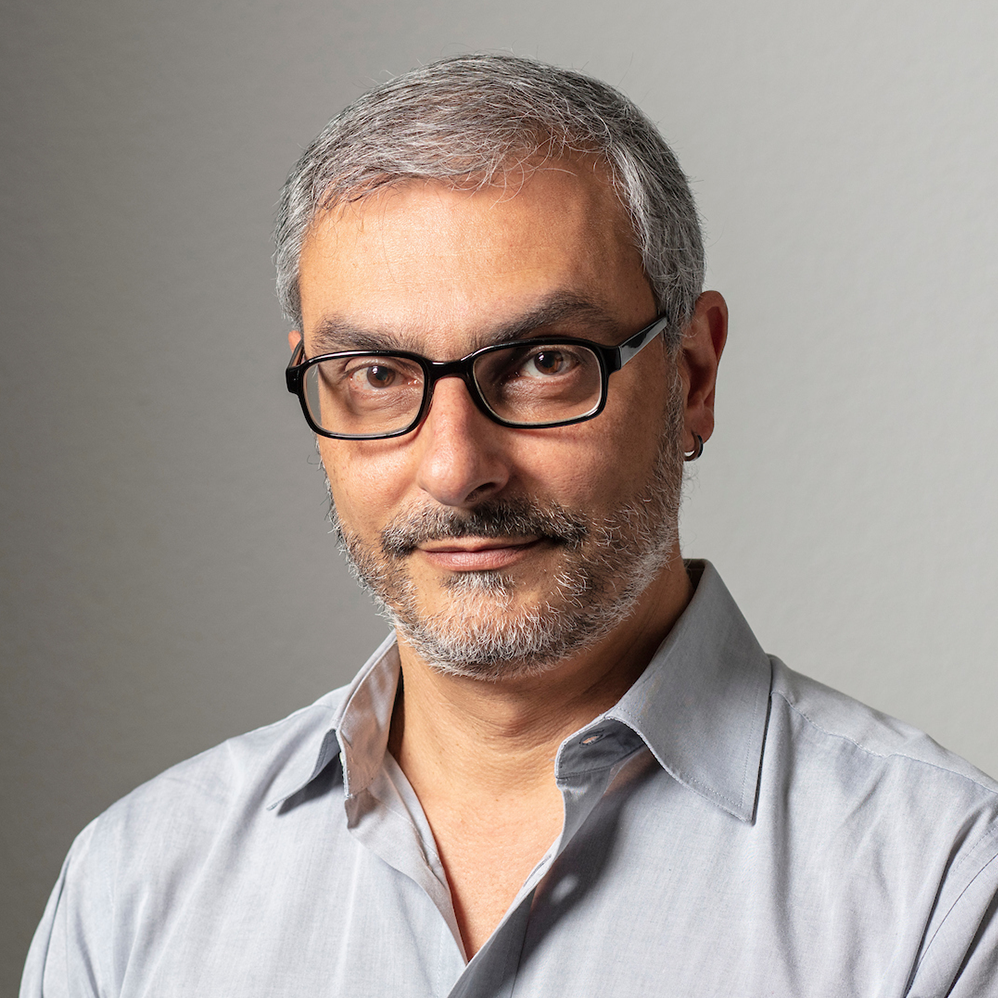








You can find an overview of ongoing debates with our journalists here . Please join us!
If you want to start a conversation about a topic raised in this article or want to report factual errors, email us at english@swissinfo.ch.